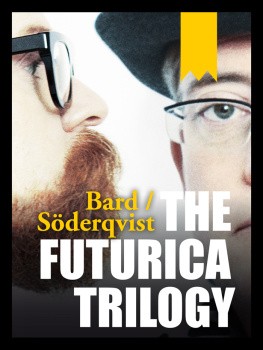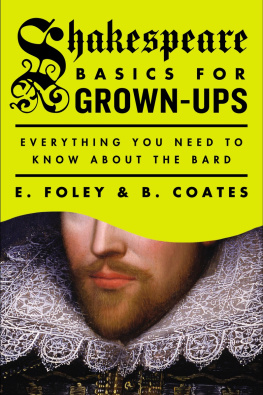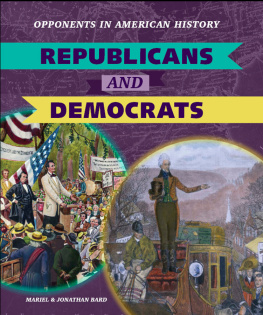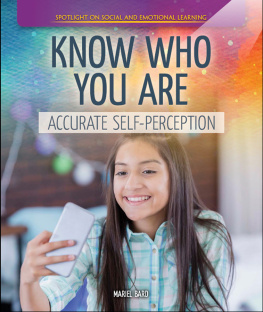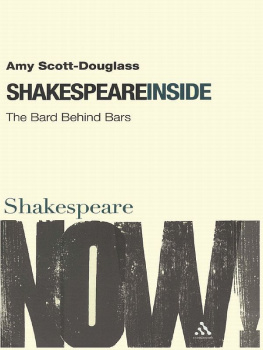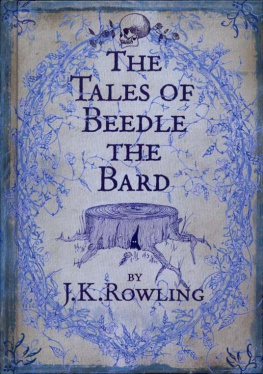ALEXANDER BARD & JAN SDERQVIST
SYNTHEISM
CREATING GOD IN THE INTERNET AGE
STOCKHOLM TEXT
STOCKHOLM TEXT
www.stockholmtext.com
S YNTHEISM C REATING G OD IN THE I NTERNET A GE
Swedish title: Synteism Att skapa Gud i Internetldern
Alexander Bard & Jan Sderqvist 2014
Stockholm Text 2014
Translation: John Wright
Cover: Per Gustafsson/pgustafsson.com
Author photo: Niclas Brunzell
ISBN 978-91-7547-182-2
I NDEX
Does God exist?
Many people regard this question as almost ludicrously simple, and thus also as provocative and confrontational. But the problem is that major and polarising discord remains concerning the answer. Some say that the answer to this simple question obviously is a resounding no: Of course there is no God! All talk of a God is an expression of a tenaciously persistent superstition that has stuck with humanity throughout all of known history, ever since the rain dances of the first shamans. A superstition that in all likelihood will wither away and die as our knowledge of the nature of physics at the macro and micro levels grows sufficiently to be able to refute the many foolish notions of religion and document how these are tied to various sociocultural conditions.
But as we know, some others are as unshakeably convinced that God not only exists with the greatest certainty, but also that this God painstakingly keeps track of all of our sins as well as our good deeds. And as if that were not enough, this same God created our planet and all its innumerable life forms at the dawn of Time. This God, who thus exists, permeates every aspect of our existence, and not believing in Him and admitting this is something that sooner or later will incur punishment. Possibly for all eternity. But the matter is complicated further by the lack of agreement among these many people who are convinced of His existence as to exactly which god really does exist, and throughout history this has given rise to innumerable conflicts battles and wars that have claimed countless human lives in the name of God. So how could God not exist?
So in fact, this seemingly simple question must be nuanced and made more specific, at least somewhat, in order for us to be able to discuss it in a meaningful way. What the answer will be and what the question actually means depends, of course, partly on what we mean by God, and partly on what we mean by exist. Let us start with the latter, which might perhaps be the most convenient place to start. A beautiful poem, untitled, one of the very last authored by the Portuguese poet Fernando Pessoa the manuscript is dated as November 19, 1935 reads as follows:
There are sicknesses worse than any sickness;
There are pains that dont ache, not even in the soul,
And yet theyre more painful than those that do.
There are anxieties from dreams that are more real
Than the ones life brings; there are sensations
Felt only by imagining them
That are more ours than our very own life.
There are countless things that exist
Without existing, that lastingly exist
And lastingly are ours, theyre us...
Over the muddy green of the wide river
The white circumflexes of the seagulls...
Over my soul the useless flutter
Of what never was nor could be, and its everything.
Give me more wine, because life is nothing.
(Translation: Richard Zenith. From Fernando Pessoa, A Little Larger Than the Entire Universe, Penguin Books 2006.)
In the poem several assertions are made; assertions about the texture of existence. The poem states that things are this way and that way. There are sicknesses that are worse than any sickness and therefore are also something other than sickness (although they are, nonetheless, sicknesses), and the anxieties from dreams are more real than those that afflict us in what we call life or reality (which means that the concepts dream and reality must be challenged), and so on. Sicknesses, anxieties, a hint of elusive hopes and a significant measure of resignation. If we were to attempt to identify some sort of all-encompassing feature of Pessoas poem, we might perhaps agree that it encapsulates a frame of mind, even an acquired outlook on life. And that this frame of mind and this outlook are coloured by an increasingly lucid sadness.
But exactly where does this sadness exist? Well, not on the piece of paper or on the screen where the poem is available to us. For there, if we are going to be picky, only a set of abstract, graphic symbols in various combinations exists. That these combinations of something that we call letters come together to produce something we call words, and that moreover these words mean something and have a context-specific value, depends entirely on a social contract that most of us subscribe to through learning, because it is comforting and in many respects also enriching. We look at the symbols and conjure up various perceptions. Which means that the question of where this sadness actually exists, to the extent that it actually does exist, remains unanswered, unless it exists on the piece of paper or on the screen.
And we may take this one step further: Does art exist? Most people do not question that a whole host of physically tangible objects that purport to be art actually exist, although there are many who would energetically deny the unique experience of art that others testify to more or less loquaciously and eloquently. This concept of art actually being an organised hoax, orchestrated for the purpose of enriching all those who participate in this racket while making them appear to be extremely high-minded, is a philistine concept, deeply rooted and difficult to address. Where people do not participate in the social contract they do not quite understand what it is all about, and consequently assume that it must be some sort of fraud. Someone is fooling you and all the others are either pretending that everything is as it should be, or are allowing themselves to be convinced without being able to see through the hoax. This applies, by the way, to a large degree also to philosophy which, outside certain protected reserves, is considered a rather dubious activity. Maybe it does not exist either.
But returning to Pessoas sadness where does it exist? For we maintain that it does. And the answer closest at hand is surely that it is we as readers who create it. With the ardent support of the author himself of course. He and we create it together with the aid of that set of social contracts that is literature and poetry, in exactly the same way that we create a multitude of other things that exist in and through language with the aid of various other social contracts: nations, ideologies, communities of various kinds. This in turn means that most of us who are either reading or writing this book, and who now and then reflect on existential and ontological problems, are carrying around a relatively flexible definition of what it actually means that something exists. There is a lot that does not exist, but that actually does exist in language. The sadness of Pessoa, or rather the sadness of the poem, does not exist in the same sense that the saucepan that is standing over there on the kitchen stove exists, which we can touch and measure and weigh and photograph, and whose existence is irrefutable since the meat stew inside it would certainly spill onto the stove if the saucepan did not actually exist. But we know nevertheless with great certainty that the sadness of the poem actually does exist and that we ourselves are particularly well equipped to vouch for this very fact, since we have participated in creating it. Thus we also know that there exists, just as Pessoa writes, so much that does not exist, but that does exist in fact, that lingers there.
Next page

